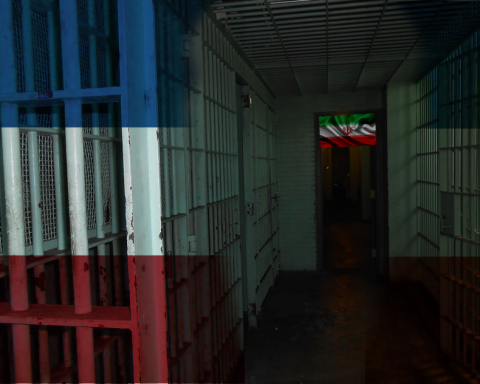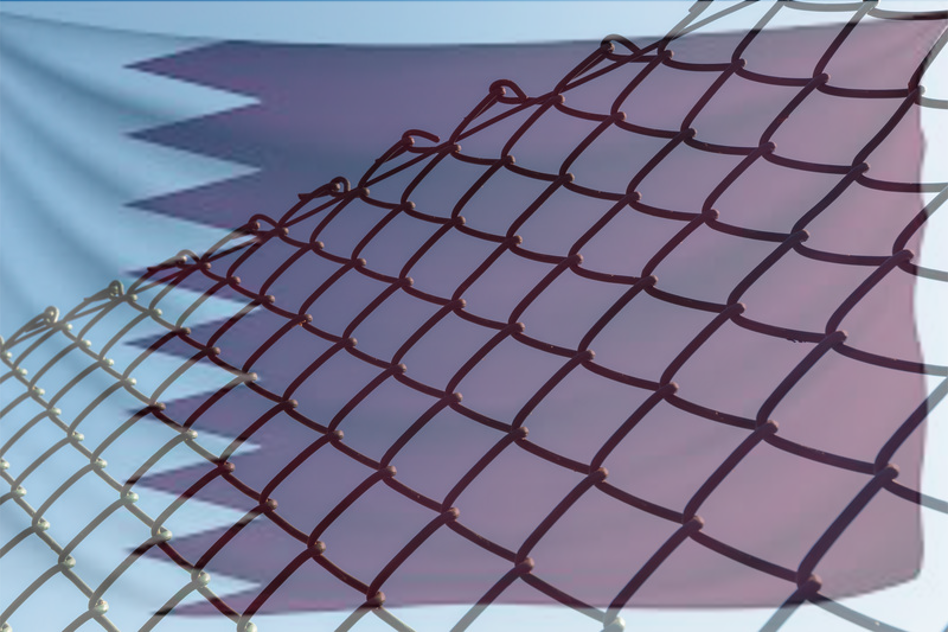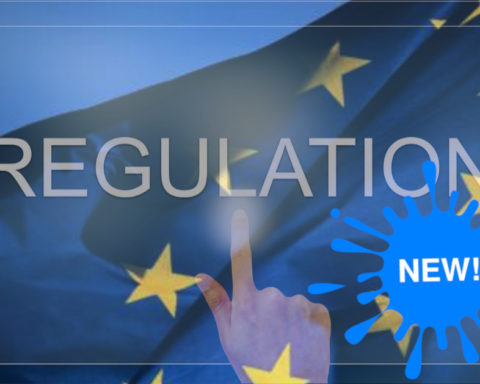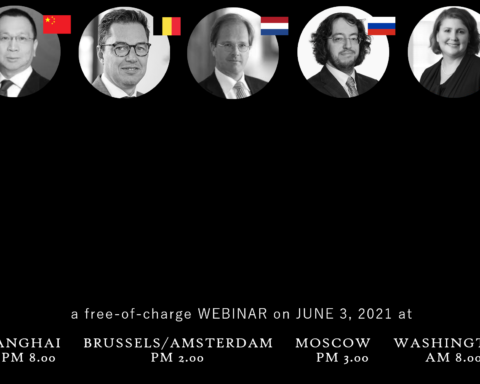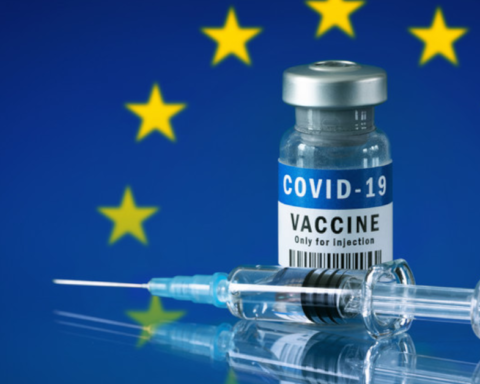President Trump signed into law the Countering America’s Adversaries Through Sanctions Act (the CAATS Act) on August 2, 2017. This new law impacts sanctions related to Russia, Iran and North Korea. Key among the changes is that it takes discretion out of the hands of the U.S. President to lift or change certain existing sanctions, particularly the sectoral sanctions imposed against Russia. A number of other changes are made to the various sanctions programs, including creating a number of additional criteria for designating parties as subject to U.S. sanctions. Particularly important for entities in Europe is to continue to ensure adequate restricted party screening and due diligence is conducted as additional parties are designated under these new provisions.
By Susan Kovarovics, 3 August 2017
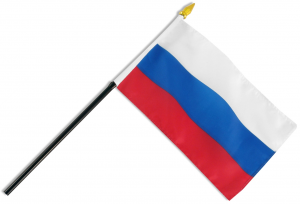 Russia
Russia
Changes implemented with respect to Russia sanctions include the following:
- The President must report to Congress and wait 30 days (60 days between July 10 and September 7) before taking actions to terminate existing sanctions, waive imposition of new sanctions called for under the Act or engage in licensing that significantly alters U.S. foreign policy with respect to Russia, unless a joint resolution of Congress authorizes such action before the waiting period expires.
- The Act codifies the sanctions provided for pursuant to Executive Orders 13660, 13661, 13662, 13685, 13694, and 13757.
- Sanctions are required or authorized for activities related to
- Cyber security;
- Corruption;
- Crude oil projects;
- Financial institutions;
- Human rights abuses;
- Evasion of sanctions;
- Arms transfers to Syria;
- Intelligence or defense sectors; and
- Investments in or facilitation of the privatization of state-owned assets by the Russian Federation.
- Sanctions are authorized (but not required) to be imposed on any party that engages in certain activities related to Russian energy export pipelines and state-owned entities in the metals and mining sectors.
- Modified Directives 1, 2 and 4 of the Sectoral Sanctions.
- Shortened the period for which debt may be extended to sectoral sanctions targets under Directives 1 and 2 to 14 days and 60 days, respectively (down from 30 and 90 days). Even if no U.S. persons are involved in the underlying transaction, beware of the role of U.S. financial institutions (or non-U.S. financial institutions that follow U.S. sanctions).
- Directive 4 has been expanded to include deepwater, Arctic offshore or shale projects with the potential to produce oil and involve a party designated pursuant to Directive 4 or involve property or interests in property of such a person who has a controlling interest or a substantial non-controlling ownership interest in such a project (defined as not less than a 33 percent interest). No longer do these projects have to be located in Russia for the restrictions of Directive 4 to apply.
The CAATS Act also requires preparation of a report on Russian senior political figures, oligarchs and parastatal entities to assess the potential impact of additional sectoral sanctions or designations as Specially Designated Nationals and Blocked Persons (SDNs). Certain other reports and actions are also called for under the Act. Going forward, the scope of the Russian sanctions imposed by the United States may not be limited to what is in the current law.
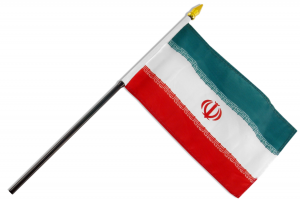 Iran
Iran
Pursuant to the portion of the Act entitled “Countering Iran’s Destabilizing Activities Act of 2017,” the following should be noted:
- Sanctions are required to be imposed related to the following:
- Iran’s ballistic missile program;
- The IRGC and affiliated parties; and
- The supply of arms and armaments (and related technical and other support) to Iran.
- Sanctions may be imposed against persons responsible for human rights violations against individuals in Iran.
The President is required to submit a report to Congress twice a year regarding coordination between the United States and the European Union on sanctions against Iran. In particular, the report must identify where and why there are discrepancies between the lists of sanctions targets (i.e., someone is sanctioned by the EU but not the United States, or vice versa).
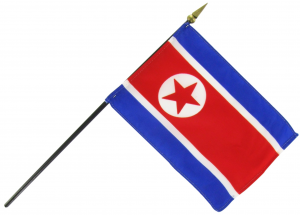 North Korea
North Korea
The following sanctions and prohibitions are imposed with respect to North Korea:
- Provides authority to the U.S. President to impose sanctions on parties that violate UN Security Council resolutions concerning North Korea;
- Places restrictions on North Korean cargo and shipping;
- Prohibits the importation into the United States of goods produced by North Korean convict or forced labor;
- Provides for the imposition of sanctions on foreign persons that employ North Korean laborers;
- Prohibits U.S. financial institution activities related to the use of correspondent accounts of foreign financial institutions to provide indirect financial services to North Korea; and
- Requires the President to report to relevant Congressional committees information about whether the following parties should be subject to sanctions, or if not, what justification there is for not designating each party:
- Korea Shipowners’ Protection and Indemnity Association;
- Chinpo Shipping Company (Private) Limited;
- The Central Bank of the Democratic People’s Republic of Korea;
- Kumgang Economic Development Corporation (KKG);
- Sam Pa and any entities owned or controlled by this individual; and
- The Chamber of Commerce of the Democratic People’s Republic of Korea.
Other actions of the U.S. government with respect to sanctioned destinations and parties this past week include the following: the designation of more than a dozen parties in Venezuela as Specially Designated Nationals and Blocked Persons (SDNs), and the invalidation of U.S. passports for travel to North Korea.
* * *
As matters continue to evolve with respect to all of these sensitive destinations, it is critical to stay current on changes involving U.S. law that may affect your organization’s activities, as well as those of any U.S. person individuals employed by the organization.
- Don’t be Caught Off Guard:Huawei Entities Added to US Entity List - May 21, 2019
- They’re Back: US Nuclear Sanctions against Iran - May 10, 2018
- Much Ado About Sanctions in the United States - August 3, 2017


